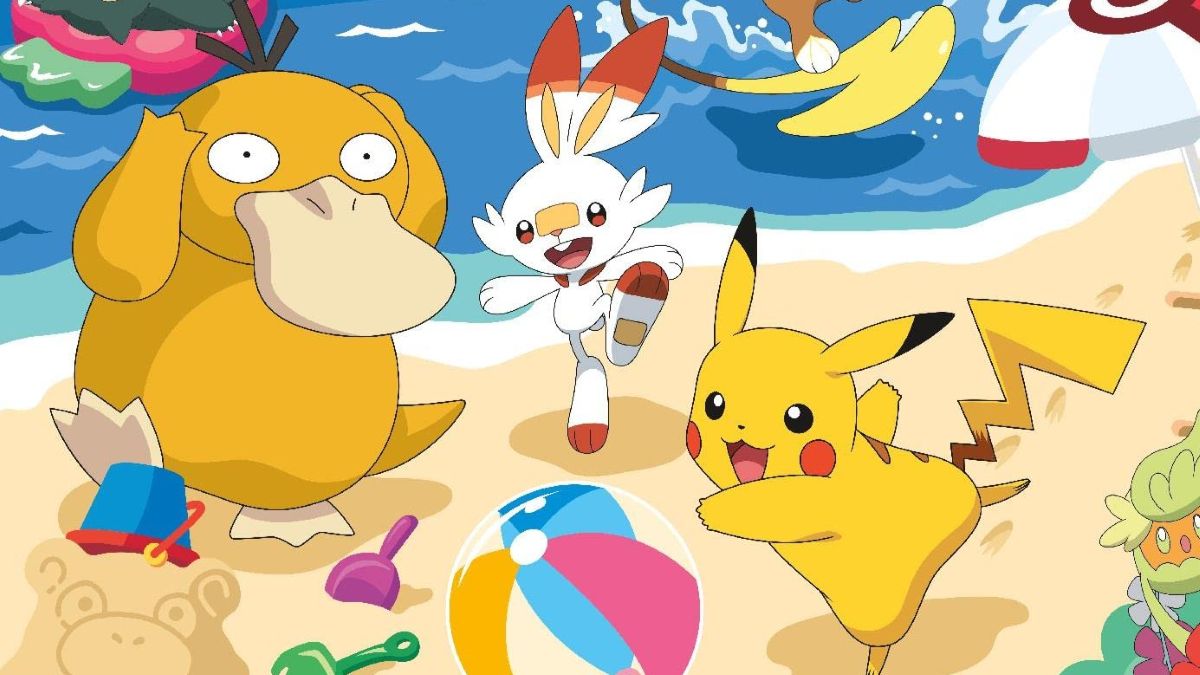
Blending genres is nothing new for games, but doing it successfully is rare. The Solus Project attempts to fuse many ideas into one grand vision, but struggles with its identity along the way.
After Earth is destroyed, you are part of a team tasked with finding a new world to colonize. Your ship, Solus 3, mysteriously explodes during re-entry on a potential candidate planet, leaving you as the mission’s sole survivor. With little at your disposal beyond debris from the crash and no sense of direction, it’s up to you to discover what happened to your crew and to get in touch with the last remaining members of the human race.
As the game starts, your tasks firmly revolve around simple survival. You’ll need to eat, drink, sleep, manage your body temperature, and keep yourself dry if you want to survive very long on Gliese. To help accomplish these goals, you’ll first scavenge supplies from your crashed ship, but soon you’ll start finding other objects native to the planet that will aid you in your exploration. From simple rocks that can act as tools to alien plant life crucial to your energy levels, there are plenty of items scattered throughout the world to help you on your way. But before long these collecting and survival elements start to give way to a completely different type of game.
Soon, The Solus Project reveals adventure game elements with a heavy focus on exploration. Though the initial focus on scrounging up objects and crafting them into useful tools may suggest this game is about survival, this is actually a very small part of the game. Once you learn the limits of your bodily needs, it’s pretty easy to manage your hunger and thirst without much risk of harm. As your adventure progresses, sources of food and fresh water become abundant, and staying warm is quite simple using the oil-covered torch you craft within the game’s first few minutes. The items critical for life are generally placed directly in your path, and you won’t have to stray too far to find an extra water bottle or root to nibble on.

As the game allows you to focus less on your inventory and health, you can start to appreciate exploring the strange world you find yourself on, and it will become clear pretty quickly that you’re not the first being to find yourself here. Strange structures, artifacts, and markings pepper the landscape, and you’ll likely find yourself stopping frequently just to try to make sense of things. Throughout caverns and temples you’ll find plenty of seemingly ancient writing on stone tablets, but none of them reveal in plain terms just what’s going on with this mysterious planet.
Without revealing too many specifics, there are some areas of the game that have such a sense of scale and spectacle that I just had to stop to take it all in. And scattered among the majestic show-stoppers are some fantastic subtle touches that left me doing double-takes. These awe-inspiring reveals prove that the creators of The Solus Project know how to show and not tell, which makes it all the more frustrating that the countless pages of vague writing spread throughout the world ultimately amount to nothing. Once you grasp the few repeated concepts like gods, ancient civilizations, and cursed locations, much of the writing is completely superfluous and feels like it would be better suited to more subtle delivery.
Just as you’re getting used to exploring this ruined world using light adventure game mechanics, The Solus Project reveals another new secret. It’s not actually a survival game, and it’s not actually an environmental storytelling game — it’s a horror game. If I had known this fact going in, I probably would have avoided the game altogether… but now I’m glad I didn’t. There’s a slow build from hopeful exploration to sheer dread, but once the turn happens, it doesn’t stop. I won’t give away much beyond this point, but I’ll just say this: there were multiple times in the second half of the game where I stopped in my tracks and exclaimed out loud, “What the @#$%!?”

The insanely creepy atmosphere present in the latter portions of the game feel straight out of the Alien franchise, and although it wears its influences on its sleeve, the game never uses them as a crutch as it seeks to tell its own story. I have to give the writers a hand for bucking genre tropes and my own expectations. Every step of the way I thought I had “the twist” figured out, but in the end things weren’t quite that simple. Whether the story is ultimately successful or not will be up to you, but I personally found it to be a bit anti-climactic.
The well-executed terror of the game’s final chapters are in direct competition with The Solus Project’s other mechanics, though. By the time I was finished with the game I was alternately annoyed with the survival aspects and baffled by how meaningless they had become. Why force me to do the busy work of managing my hunger and thirst levels if there’s always going to be an endless well of water just around the corner, my torch never dies, and there’s no penalty to sleeping wherever you want? On top of that, the handful of puzzles you’ll find barely register on the difficulty meter, leading me to wonder why they exist at all.
I’ll never know for sure, but it seems more than plausible that The Solus Project may have had multiple major shifts in direction during development and Early Access. Whether that’s the case or not, the designers were proficient enough to ultimately find a formula that worked. It’s just unfortunate that the game’s weakest elements remain pervasive throughout the entire experience, long after they’ve overstayed their welcome.
This review is based on the PC version, which was provided to us.










Published: Jun 6, 2016 11:01 pm